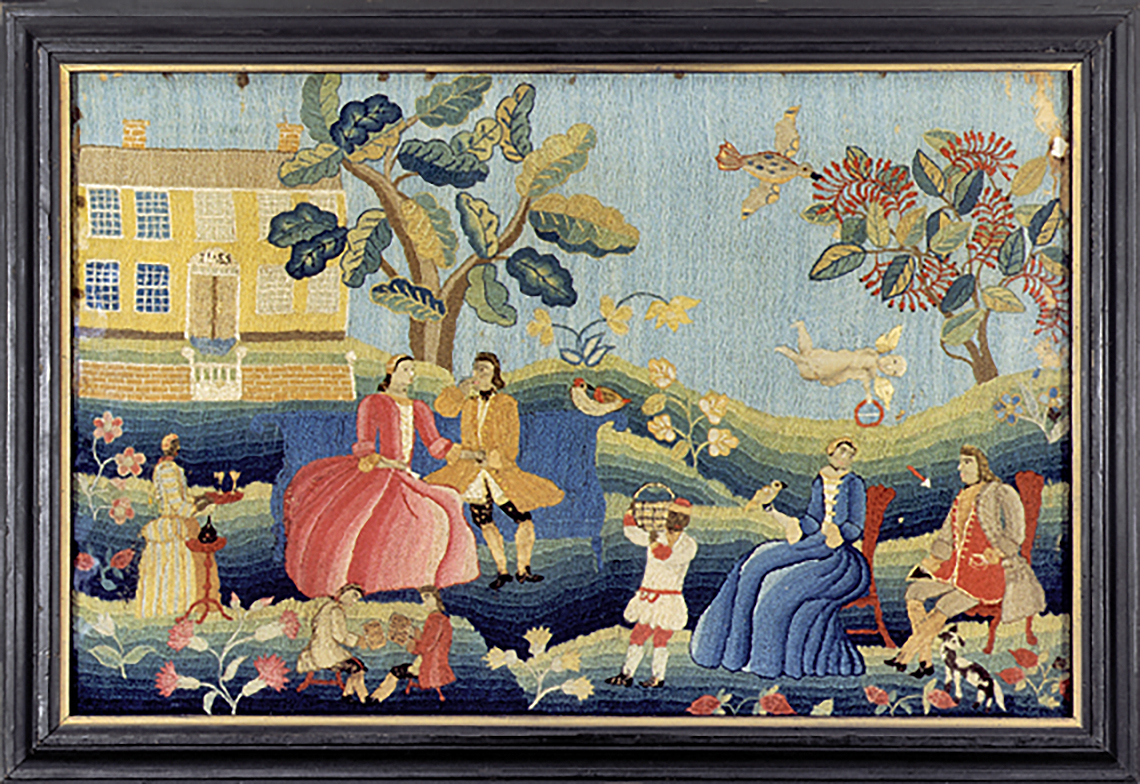Lucy Terry Prince
Topics & Ideas
WIREFRAME ONLY - NOT YET DESIGNED
Topics and Ideas
Slavery and the 18th-century Family

About
Enslaved people in New England towns, we sometimes are assured, were treated "like family. " What did it mean, though, to be part of an 18th century “family”? Nowadays, we assume that the strongest families are united by ties of affection. In contrast, the 18th century family was essentially a hierarchical institution with an adult male, or patriarch, at its head. That person was held accountable by the community for the behavior of all those living within his household.
In such a world, family members were believed to be bound together much more tightly by duty and mutual obligation than by mere sentiment. The family patriarch was responsible for the physical and spiritual well-being of his wife, children, apprentices, and servants, including enslaved men, women, and children. In return, everyone owed loyalty and obedience to him. Together they accomplished the many domestic and agricultural tasks necessary to maintain the household.
Fathers were expected to head a godly “well-ordered” household, entitled to absolute obedience and deference from their wives, children and servants. Society, law and custom permitted and expected a father to use force to ensure or obtain that obedience from other family members. As Robert Filmer, an influential English writer explained in Patriarcha, “The father of a family governs by no other law than by his own will, not by the laws and wills of his sons or servants. There is no nation that allows children any action or remedy for being unjustly governed.” The early New England catechism for children, Milk for Babes, went further, explaining that the Old Testament’s Fifth Commandment to “Honour thy Father, and thy Mother” referred to “All our superiours, whether in Family, School, Church, and Commonwealth.”
Enslaved people occupied the lowest rung in a society in which coercion was an accepted means of maintaining bonds of duty and mutual obligation. Daniel Arms' account book reveals that at times he and his enslaved man, Titus, worked side-by-side, as when they worked together in January of 1762, for another Deerfield, Massachusetts, resident, Ebenezer Barnard. This did not mean that Daniel Arms and Titus were perceived as equals; Deerfield Church members made Titus’ subordinate status clear when they chastised him for "di[s]obedience to his master." This fundamental inequality was again revealed when Titus was, without a trial, publically whipped for stealing, and when Daniel Arms decided to sell him for only 19 shillings (the equivalent of four gallons of West India rum.)
Nor would the fact that the minister's household included three enslaved people—Jenny, Titus, and Cato—have raised eyebrows among his contemporaries. The town's minister, the Reverend Jonathan Ashley, was typical of colonial clergymen who saw no contradiction between spiritual freedom and earthly bondage. In January of 1749, he lectured Deerfield’s enslaved residents on the earthly obligations and spiritual hopes among “such as are by divine providence placed in the State of Servants.” Ashley instructed his literally captive audience to “be contented with your state & condition in the world, and not murmur and complain of what God orders for you. You must be faithful in the places God puts you…in vain to think to be Xts [Christ’s] freemen & be slothful servants.” Ashley concluded by assuring his enslaved listeners that those who were Christ’s freemen “may be contentedly servants in the world.” To think and behave otherwise, he warned, would make them “slaves of the Devil.”